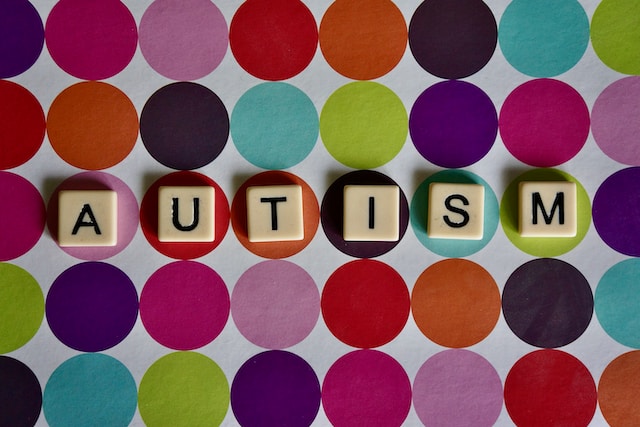Neurodivergence encompasses a wide spectrum of neurological variations that affect the way people process information, navigate the world, and interact with others. Some of the most common neurodivergent conditions include autism, Attention Deficit Hyperactivity Disorder, dyslexia, and various learning disabilities. It is worth noting that there are still a lot of misunderstandings about neurodiversity, and as a result, countless adults can receive a late diagnosis (or even none at all) about their condition. Many even hear comments that encapsulate the lack of neurodiversity understanding once they finally share their diagnosis:
But, you don’t look autistic.
Can’t you try to cope with these?
You were a good student. You can’t have ADHD.
On top of a late diagnosis, adults are faced with little support. This is a perfect parallel to their undiagnosed childhood, during which they face day-to-day challenges and uncertainties in a neurotypical world they didn’t understand. So why are late diagnoses so common? The main answer to this question lies above. Late diagnoses are common because many neurodivergent traits get ignored while a child is growing up. More often than not, the child learns to hide them as best as they can.
Additionally, society’s understanding of neurodivergence has evolved over time and is still evolving. As such, many still expect autism to look exactly like Dustin Hoffman in Rain Man. As a result, this lack of awareness and knowledge makes it tough for families to notice signs of neurodiversity and seek a diagnosis. Besides, medical professionals may not have been trained properly in the past to provide an accurate diagnosis, leading to the dismissal of early signs and symptoms.
The truth about early diagnoses is that they can be life-enhancing and help bring the support one needs for personal growth. Here are the many differences an early diagnosis can make:
Preventing mental health issues
Neurodivergent individuals are more susceptible to mental health issues, such as depression and anxiety. The daily challenges they face, along with the struggle to fit into a neurotypical world, can take a toll on their emotional well-being.
Early diagnosis helps identify and address these challenges, reducing the risk of mental health complications. It is worth noting that studies have highlighted the concerning correlation between undiagnosed or late diagnosed autistic adults and increased suicide rates. This further emphasizes the critical importance of early diagnosis and support for neurodivergent individuals.
Receiving proper support
Early diagnosis can pave the way for appropriate support and early intervention therapies, which are vital for neurodivergent children’s healthy development. Dedicated therapies, tailored to address specific challenges, can prepare neurodivergent children, and especially autistic children, for life in a neurotypical society. This can prove useful to manage sensory overload, enhance their focus and attention, and overcome learning challenges. They can also learn to improve their communication skills and establish a healthy background for social interactions and self-expression.
Additionally, early diagnosis also ensures that children can receive the support they need day-to-day at school and in the household, which can accommodate their special needs.

Unmasking and authenticity
Neurodivergent individuals often mask their true selves in social situations. Masking can involve concealing their neurodivergent traits to fit into social norms, which leads to mental and emotional exhaustion. The pressure to conform to neurotypical behaviors can be overwhelming and affect long-term relationships.
An early diagnosis empowers individuals to embrace their authentic selves, promote self-acceptance, and foster genuine connections.
In conclusion, early diagnoses can play a pivotal role in the lives of neurodivergent individuals. As a society, we must prioritize early identification and support, fostering a more inclusive and empathetic world for everyone.


